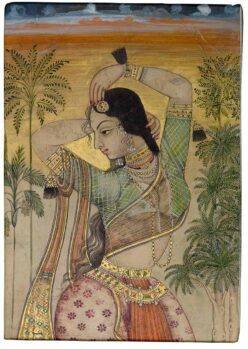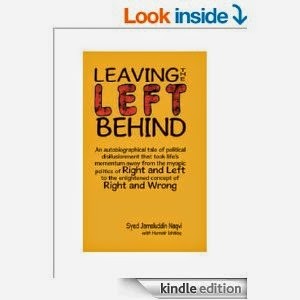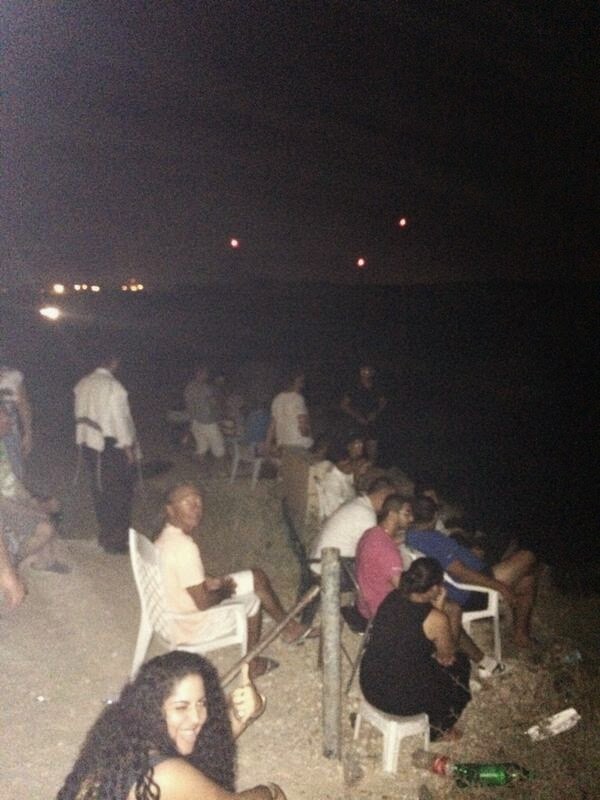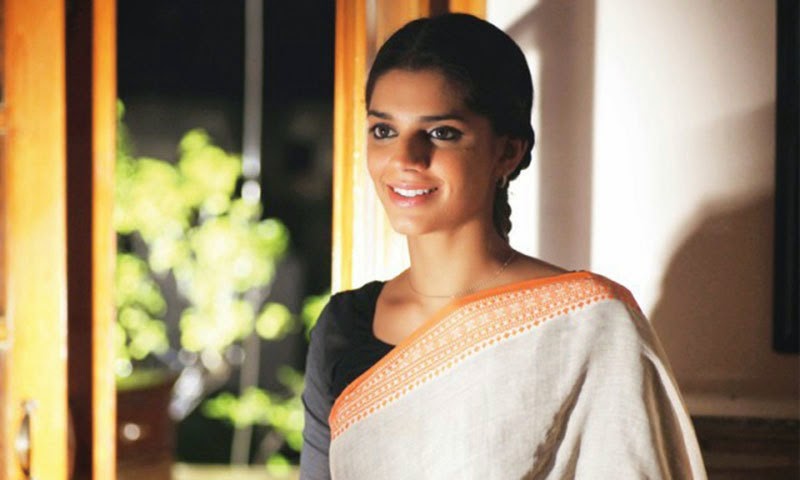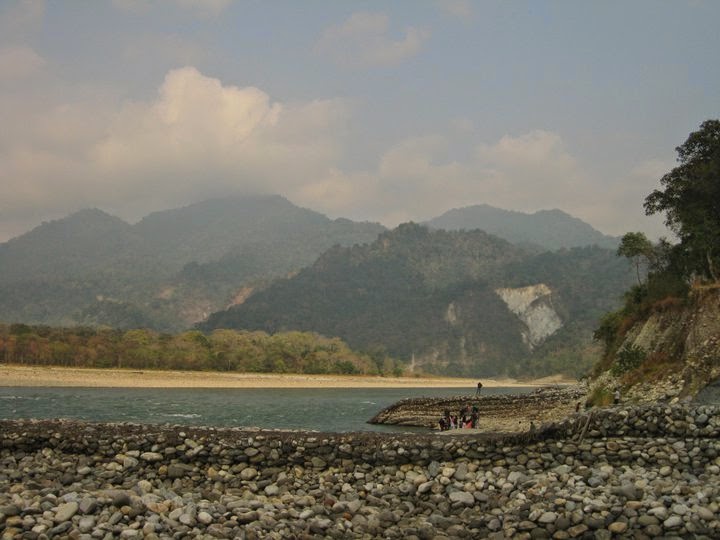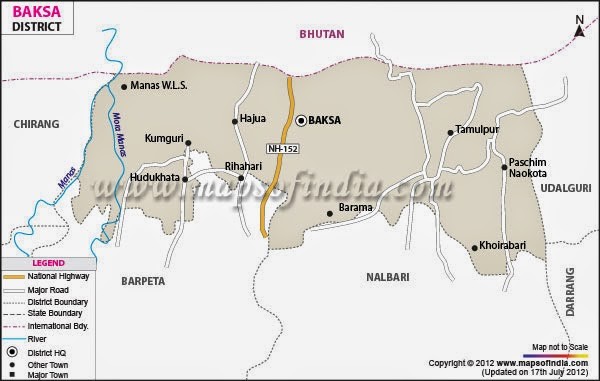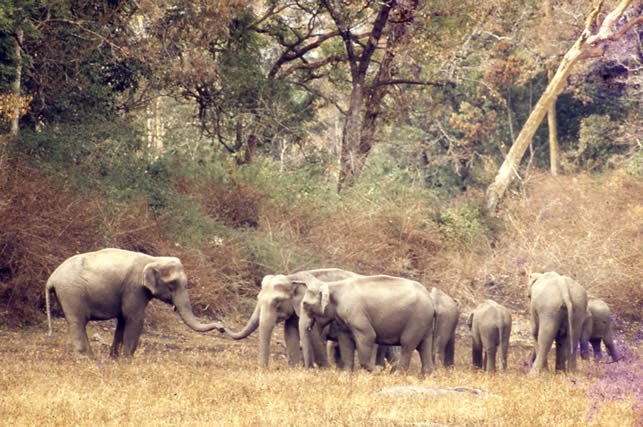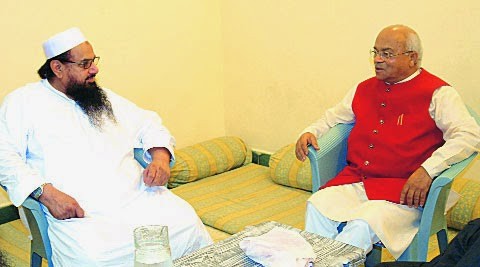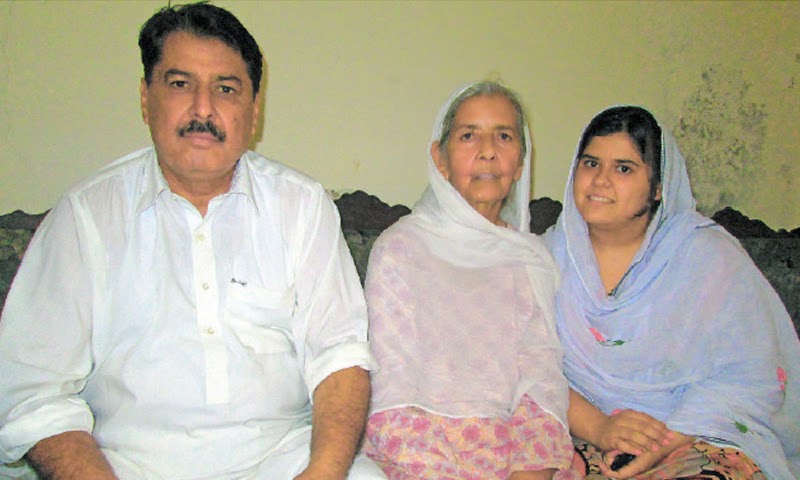Following
the recent troubles in India, we have asked our contributor, Mr E. A.
Blair, whose investigations on ‘The Plight of the British Worker’ have
already appeared in these pages, to tell us something of the unrest
which has been fermenting in the sub-continent for some years, and which
is threatening to spread to English Indo-China.
Burma lies between India and China. Ethnologically it belongs to Indo-China.
It
is three times the size of England and Wales, with a population of
about fourteen million, of whom roughly nine million are Burmese.
The
rest is made up of countless Mongol tribes who have emigrated at
various periods from the steppes of Central Asia, and Indians who have
arrived since the English occupation.
The Burmese are Buddhists; the tribesmen worship various pagan gods.
To
be able to talk in their own language to the people of such diverse
origins living in Burma, you would need to know a hundred and twenty
different languages and dialects.
This country, the population of
which is one-tenth as dense as that of England, is one of the richest in
the world. It abounds in natural resources which are only just
beginning to be exploited.
There are tin, tungsten, jade and rubies, and these are the least of its mineral materials.
At this moment it produces five per cent of the world’s petroleum, and its reserves are far from exhausted.
But the greatest source of wealth-and that which feeds between eighty and ninety per cent of the population-is the paddy fields.
Rice is grown everywhere in the basin of the Irawaddy, which flows through Burma from north to south.
In the south, in the huge delta where the Irawaddy brings down tons of alluvial mud every year, the soil is immensely fertile.
The harvests, which are remarkable in both quality and quantity, enable Burma to export rice to India, Europe, even to America.
Moreover, variations in temperature are less frequent and sharp than in India.
Thanks
to abundant rainfall, especially in the south, drought is unknown, and
the heat is never excessive. The climate as a whole can thus be
considered one of the healthiest to be found in the tropics.
If we
add that the Burmese countryside is exceptionally beautiful, with broad
rivers, high mountains, eternally green forests, brightly coloured
flowers, exotic fruits, the phrase ‘earthly paradise’ naturally springs
to mind.
So it is hardly surprising that the English tried for a long time to gain possession of it.
In
1820 they seized a vast expanse of territory. This operation was
repeated in 1852, and finally in 1882 the Union Jack flew over almost
all the country.
Certain mountainous districts in the north,
inhabited by small savage tribes, had until recently escaped the
clutches of the British, but it is more and more likely that they will
meet the same fate as the rest of the country, thanks to the process
euphemistically known as ‘peaceful penetration’, which means, in plain
English, ‘peaceful annexation’.
In this article I do not seek to
praise or blame this manifestation of British imperialism; let us simply
note it is a logical result of any imperialist policy.
It will be
much more profitable to examine the good and bad sides of British
administration in Burma from an economic and a political standpoint.
* * * * * * * * * * * * * * * *
Let us turn first to politics.
The
government of all the Indian provinces under the control of the British
Empire is of necessity despotic, because only the threat of force can
subdue a population of several million subjects.
But this despotism is latent. It hides behind a mask of democracy.
The
great maxim of the English in governing an oriental race is ‘never get
something done by a European when an Oriental can do it’. In other
words, supreme power remains with the British authorities, but the minor
civil servants who have to carry out day-to-day administration and who
must come into contact with the people in the course of their duties are
recruited locally.
In Burma, for example, the lower grade
magistrates, all policemen up to the rank of inspector, members of the
postal service, government employees, village elders etc. are Burmese.
Recently,
to appease public opinion and put a stop to nationalist agitation which
was beginning to cause concern, it was even decided to accept the
candidature of educated natives for several important posts.
The system of employing natives as civil servants has three advantages.
First, natives will accept lower salaries than Europeans.
Secondly,
they have a better idea of the workings of their fellow countrymen’s
minds, and this helps them to settle legal disputes more easily.
Thirdly, it is to their own advantage to show their loyalty to a government which provides their livelihood.
And
so peace is maintained by ensuring the close collaboration of the
educated or semi-educated classes, where discontent might otherwise
produce rebel leaders.
Nevertheless the British control the
country. Of course, Burma, like each of the Indian provinces, has a
parliament-always the show of democracy-but in reality its parliament
has very little power.
Nothing of any consequence lies within its
jurisdiction. Most of the members are puppets of the government, which
is not above using them to nip in the bud any Bill which seems untimely.
In
addition, each province has a Governor, appointed by the English, who
has at his disposal a veto just as absolute as that of the President of
the United States to oppose any proposal which displeases him.
Yet although the British government is, as we have shown, essentially despotic, it is by no means unpopular.
The
English are building roads and canals-in their own interest, of course,
but the Burmese benefit from them-they set up hospitals, open schools,
and see to the maintenance of law and order.
And after all, the Burmese are mere peasants, occupied in cultivating the land.
They have not yet reached that stage of intellectual development which makes for nationalists.
Their
village is their universe, and as long as they are left in peace to
cultivate their fields, they do not care whether their masters are black
or white.
A proof of this political apathy on the part of the
people of Burma is the fact that the only British military forces in the
country are two English infantry battalions and around ten battalions
of Indian infantry and mounted police. Thus twelve thousand armed men, mostly Indians, are enough to subdue a population of fourteen million.
The
most dangerous enemies of the government are the young men of the
educated classes. If these classes were more numerous and were really
educated, they could perhaps raise the revolutionary banner. But they
are not.
The reason is firstly that, as we have seen, the majority of the Burmese are peasants.
Secondly,
the British government is at pains to give the people only summary
instruction, which is almost useless, merely sufficient to produce
messengers, low-grade civil servants, petty lawyers’ clerks and other
white-collar workers.
Care is taken to avoid technical and
industrial training. This rule, observed throughout India, aims to stop
India from becoming an industrial country capable of competing with
England.
It is true to say that in general, any really educated
Burmese was educated in England, and belongs as a result to the small
class of the well-to-do.
So, because there are no educated classes, public opinion, which could press for rebellion against England, is non-existent.
* * * * * * * * * * * * * * * *
Let
us now consider the economic question. Here again we find the Burmese
in general too ignorant to have a clear understanding of the way in
which they are being treated and, as a result, too ignorant to show the
least resentment.
Besides, for the moment they have not suffered much economic damage.
It
is true that the British seized the mines and the oil wells. It is true
that they control timber production. It is true that all sorts of
middlemen, brokers, millers, exporters, have made colossal fortunes from
rice without the producer-that is the peasant-getting a thing out of
it.
It is also true that the get-rich-quick businessmen who made
their pile from rice, petrol etc. are not contributing as they should be
to the well-being of the country, and that their money, instead of
swelling local revenues in the form of taxes, is sent abroad to be spent
in England.
If we are honest, it is true that the British are robbing and pilfering Burma quite shamelessly.
But
we must stress that the Burmese hardly notice it for the moment. Their
country is so rich, their population so scattered, their needs, like
those of all Orientals, so slight that they are not conscious of being
exploited.
The peasant cultivating his patch of ground lives more
or less as his ancestors did in Marco Polo’s day. If he wishes, he can
buy virgin land for a reasonable price.
He certainly leads an arduous existence, but he is on the whole free from care.
Hunger and unemployment are for him meaningless words. There is work and food for everyone. Why worry needlessly?
But,
and this is the important point, the Burmese will begin to suffer when a
large part of the richness of their country has declined.
Although
Burma has developed to a certain extent since the war, already the
peasant there is poorer than he was twenty years ago.
He is beginning to feel the weight of land taxation, for which he is not compensated by the increased yield of his harvests.
The worker’s wages have not kept up with the cost of living.
The
reason is that the British government has allowed free entry into Burma
for veritable hordes of Indians, who, coming from a land where they
were literally dying of hunger, work for next to nothing and are, as a
result, fearsome rivals for the Burmese.
Add to this a rapid rise
in population growth-at the last census the population registered an
increase of ten million in ten years-it is easy to see that sooner or
later, as happens in all overpopulated countries, the Burmese will be
dispossessed of their lands, reduced to a state of semislavery in the
service of capitalism, and will have to endure unemployment into the
bargain.
They will then discover what they hardly suspect today,
that the oil wells, the mines, the milling industry, the sale and
cultivation of rice are all controlled by the British.
They will also realise their own industrial incompetence in a world where industry dominates.
* * * * * * * * * * * * * * * *
British politics in Burma is the same as in India.
Industrially speaking, India was deliberately kept in ignorance.
She
only produces basic necessities, made by hand. The Indians would be
incapable, for example, of making a motor-car, a rifle, a clock, an
electric-light bulb etc. They would be incapable of building or sailing
an ocean-going vessel.
At the same time they have learnt in their
dealings with Westerners to depend on certain machine-made articles. So
the products of English factories find an important outlet in a country
incapable of manufacturing them herself.
Foreign competition is
prevented by an insuperable barrier of prohibitive customs tariffs. And
so the English factory-owners, with nothing to fear, control the markets
absolutely and reap exorbitant profits.
We said that the Burmese
have not yet suffered too much, but this is because they have remained,
on the whole, an agricultural nation.
Yet for them as for all
Orientals, contact with Europeans has created the demand, unknown to
their fathers, for the products of modern industry.
As a result, the
British are stealing from Burma in two ways:
In the first place,
they pillage her natural resources; secondly, they grant themselves the
exclusive right to sell here the manufactured products she now needs.
And
the Burmese are thus drawn into the system of industrial capitalism,
with any hope of becoming capitalist industrialists themselves.
Moreover
the Burmese, like all the other peoples of India, remain under the rule
of the British Empire for purely military considerations. For they are
in effect incapable of building ships, manufacturing guns or any other
arms necessary for modern warfare, and, as things now stand, if the
English were to give up India, it would only result in a change of
master. The country would simply be invaded and exploited by some other
Power.
British domination in India rests essentially on exchanging
military protection for a commercial monopoly, but, as we have tried to
show, the bargain is to the advantage of the English whose control
reaches into every domain.
* * * * * * * * * * * * * * * *
To sum up, if Burma derives some incidental benefit from the English, she must pay dearly for it.
Up
till now the English have refrained from oppressing the native people
too much because there has been no need. The Burmese are still at the
beginning of a period of transition which will transform them from
agricultural peasants to workers in the service of the manufacturing
industries.
Their situation could be compared with that of any
people of eighteenth-century Europe, apart from the fact that the
capital, construction materials, knowledge and power necessary for their
commerce and industry belong exclusively to foreigners.
So they
are under the protection of a despotism which defends them for its own
ends, but which would abandon them without hesitation if they ceased to
be of use.
Their relationship with the British Empire is that of slave and master.
Is
the master good or bad? That is not the question; let us simply say
that his control is despotic and, to put it plainly, self-interested.
Even
though the Burmese have not had much cause for complaint up till now,
the day will come when the riches of their country will be insufficient
for a population which is constantly growing.
Then they will be able to appreciate how capitalism shows its gratitude to those to whom it owes its existence.
E. A. BLAIR
